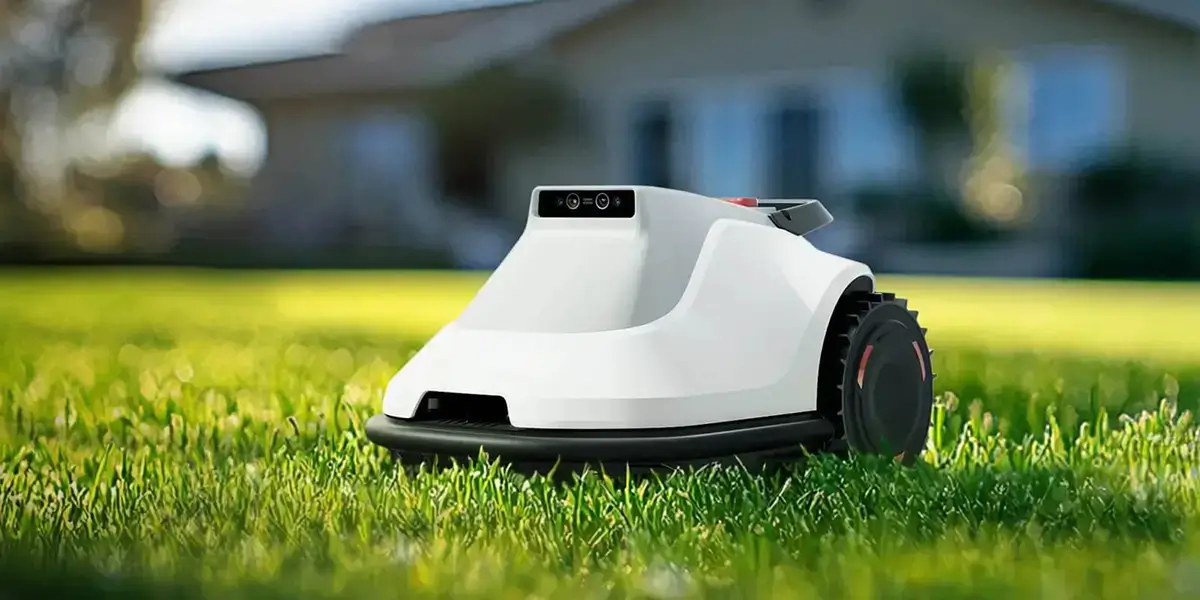In the world of modern machinery and automation, the quest for precise control, energy efficiency, and reliable power transmission continues to drive innovation. Among the equipment revolutionizing industries today are 120V variable speed gear reduction motors—an impressive blend of electrical finesse and mechanical ingenuity. These motors are not just components; they are the engines fueling a new era of precision engineering, enabling machines to perform with unparalleled accuracy and adaptability.

Understanding the Basics: What Makes These Motors Special?
At their core, 120V variable speed gear reduction motors are designed to deliver adjustable rotational speeds while maintaining consistent torque output. The "120V" specifies the voltage compatibility with common household and industrial power supplies, ensuring wide accessibility and ease of integration. The "variable speed" aspect allows operators and systems to fine-tune motor speed in real-time, offering control that adapts to the demands of the task at hand. The "gear reduction" component refers to an integrated gear train that reduces the motor's high rotational speed to a more useful output velocity—think of it as a finely tuned transmission that ensures smooth, efficient power delivery.
Incorporating a gear reduction system not only moderates the motor's speed but also boosts torque, making it possible to handle heavier loads or perform tasks requiring more force. This combination of features makes such motors ideal for applications that require incremental adjustments in speed, consistent torque at various operating points, and space-saving design—all while operating on standard voltage sources.
Versatility in Application
The potential applications of these motors are virtually limitless. They are frequently used in automation systems, conveyor belts, packaging machinery, and robotics, where precise control over movement translates directly into higher productivity and better quality output. For instance, in robotic arms employed in manufacturing, the ability to precisely regulate motor speed and torque can mean the difference between flawless assembly and costly errors.
Additionally, the electrical compatibility with 120V power supplies makes these motors popular in small to medium-sized equipment—an advantage for small workshops or DIY projects where specialized power setups might not be practical. Their modular design and straightforward control mechanisms lend themselves well to integration with modern electronic controllers, such as variable frequency drives (VFDs) or microcontrollers, granting users greater control and automation capacity.
Benefits That Outweigh the Competition
One of the standout advantages of 120V variable speed gear reduction motors is their energy efficiency. By offering precise control over speed and torque, these motors consume only the power they need—no more, no less. This efficiency reduces operational costs and minimizes heat generation, which can otherwise impair performance or shorten the lifespan of the motor.
Furthermore, their robust design ensures durability and long-term reliability. The gear reduction system not only enhances torque but also acts as a mechanical safeguard, absorbing shocks and reducing wear and tear on the motor itself. This resilience means fewer maintenance interventions, less downtime, and a higher return on investment.
The ability to finely tune the operating parameters also lends itself well to energy conservation strategies. For example, machinery can operate at lower speeds when full power isn't required, thus conserving electricity and reducing environmental impact—a growing consideration in sustainable manufacturing.
Emerging Trends and Innovations
As industries evolve, so do the features of their essential components, including the 120V variable speed gear reduction motors. Innovations in materials, such as high-performance lubricants, lightweight yet durable alloys, and advanced composites, are pushing the boundaries of what these motors can achieve.
Furthermore, the integration of smart technologies—think IoT-enabled sensors, real-time monitoring, and data analytics—is transforming how these motors are controlled and maintained. Predictive maintenance algorithms can now foresee potential failures before they happen, enhancing system reliability and uptime.
In addition, advances in gear design, such as helical or planetary gears, improve the efficiency and noise profile of the motors, making them suitable even for noise-sensitive environments like hospitals or commercial spaces.
Design and Customization for Specific Needs
Manufacturers understand that one size doesn't fit all. As a result, 120V variable speed gear reduction motors are highly customizable. Variable gear ratios, different stator windings, and optional encoders or feedback mechanisms allow these motors to be tailored precisely to user specifications. Whether it’s a compact model for tight spaces or a high-torque design for demanding loads, the options are extensive.
The modularity of these motors also facilitates easier upgrades and replacements, supporting modular automation systems that evolve with technological advances. This flexibility is invaluable for industries where equipment longevity and adaptability are key to staying competitive.
Kpower has delivered professional drive system solutions to over 500 enterprise clients globally with products covering various fields such as Smart Home Systems, Automatic Electronics, Robotics, Precision Agriculture, Drones, and Industrial Automation.




































